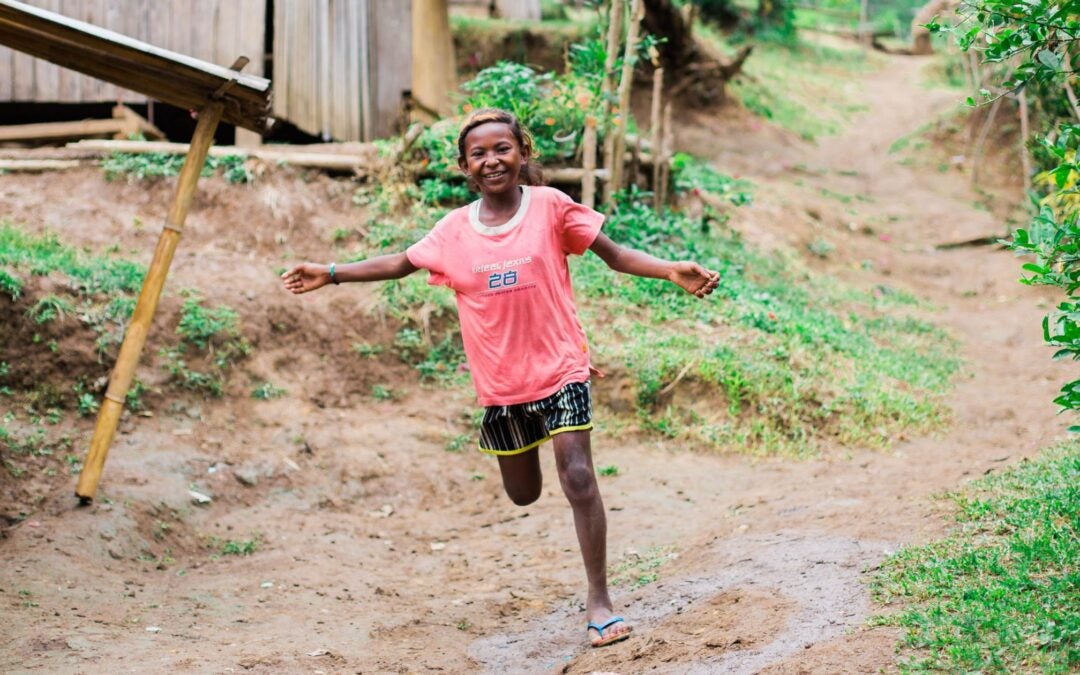
Hope in Action: Althea’s Journey of Healing and Resilience
Discover Althea’s inspiring journey of healing and resilience with World Hope’s support, turning trauma into hope and a brighter future.

Discover Althea’s inspiring journey of healing and resilience with World Hope’s support, turning trauma into hope and a brighter future.
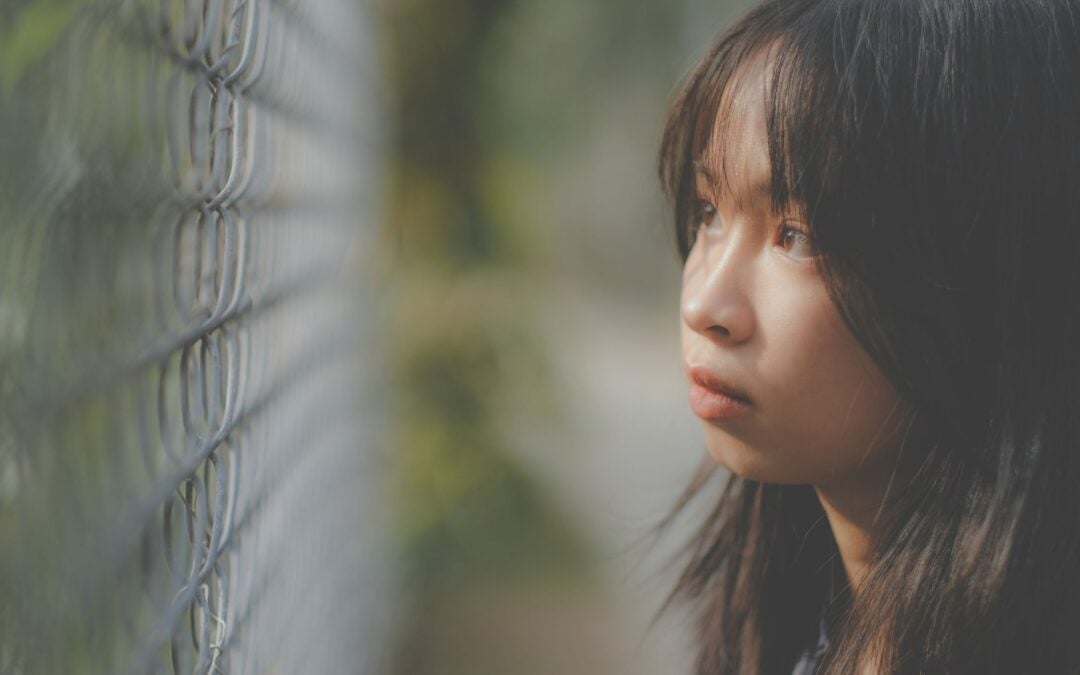
Alice’s journey from Online Sexual Abuse and Exploitation to healing and education shows how trauma-informed care helps survivors reclaim their future.
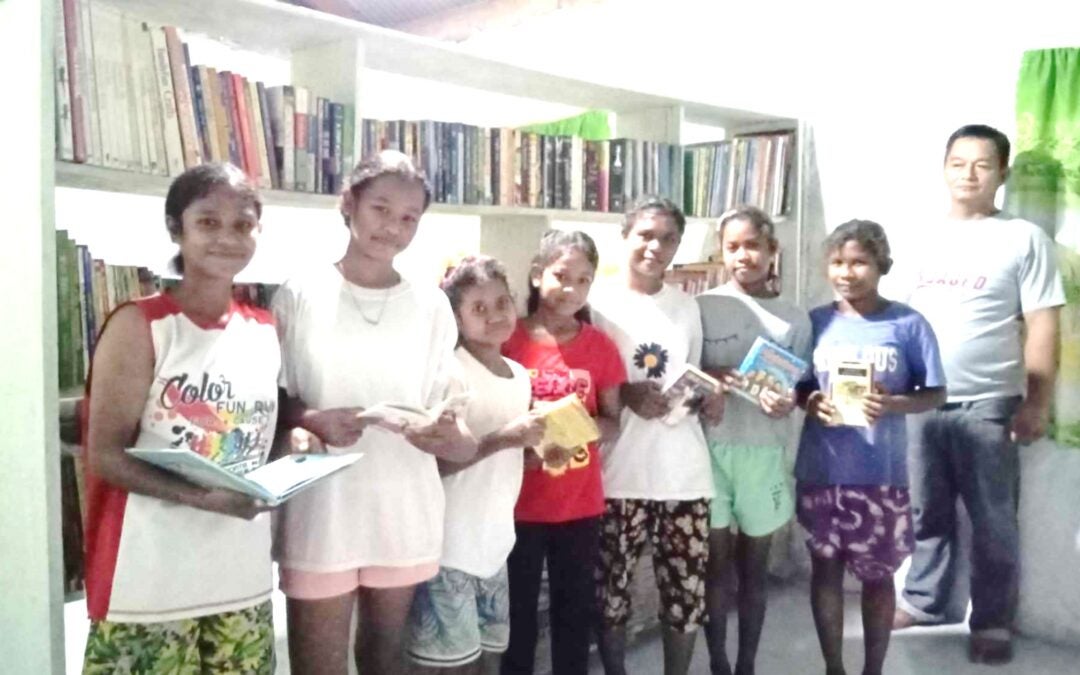
A new mini-library & computer room are helping indigenous students in the Philippines dream bigger. See how a simple building is changing lives through education.
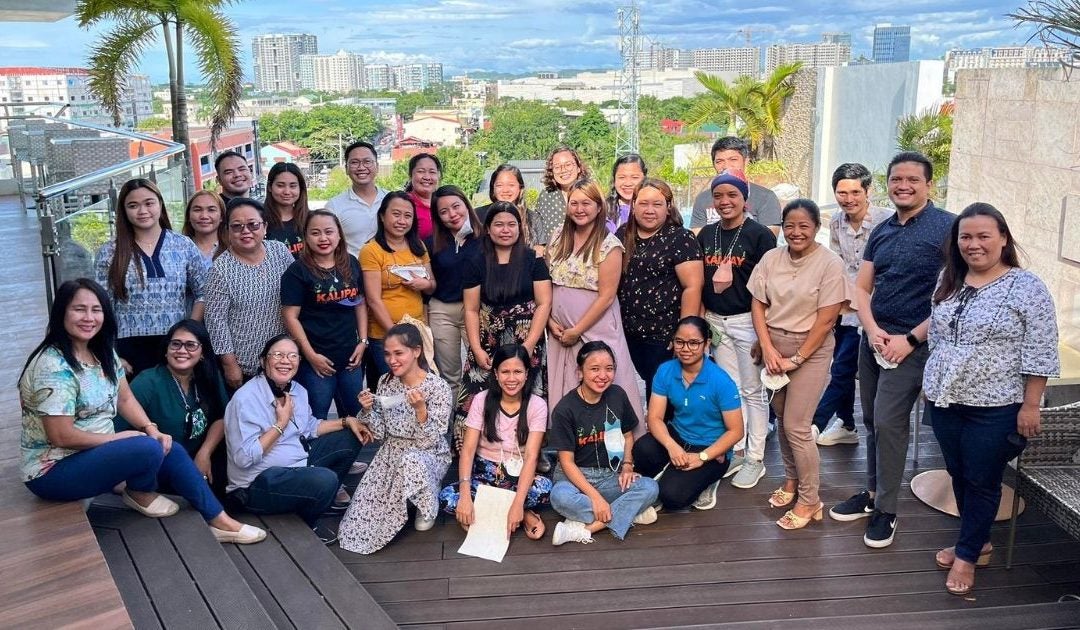
Self-care is vital for our overall well-being as care providers to OSAEC survivors. This workshop focused on providing the knowledge and skills to help you develop a self-care plan. Learn how WHI’s self-care activities can help you cope with stress and improve your mental, emotional, and physical health!

WHI believes that young leaders in the community can help minimize the prevalence of OSEC. Read about the OSAEC Awareness youth training we held last month.
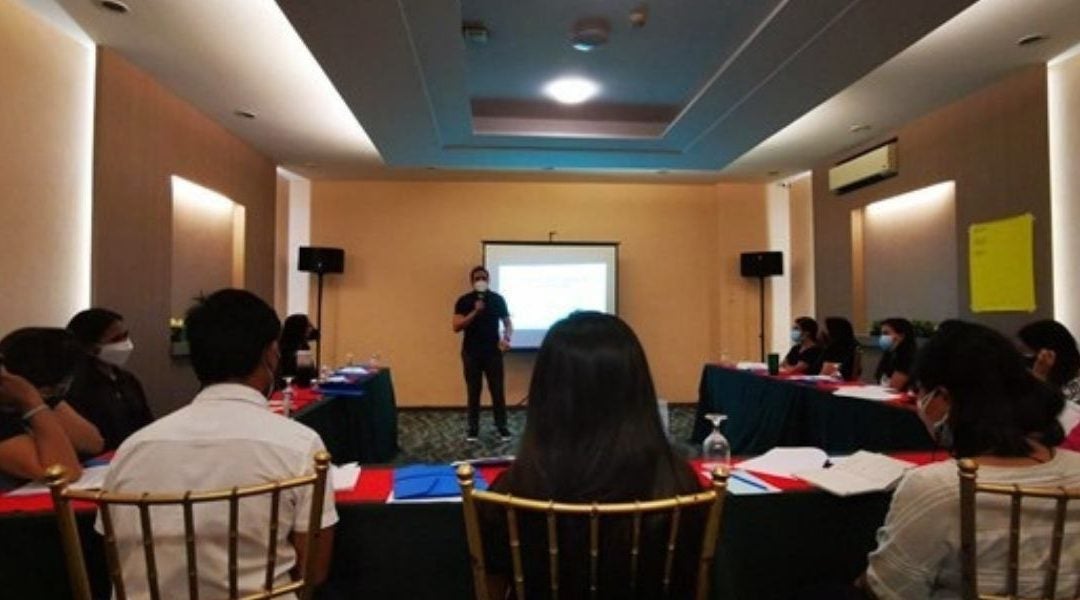
World Hope Philippines co-hosted a series of trainings to help create effective change in response to the increase of OSAEC…